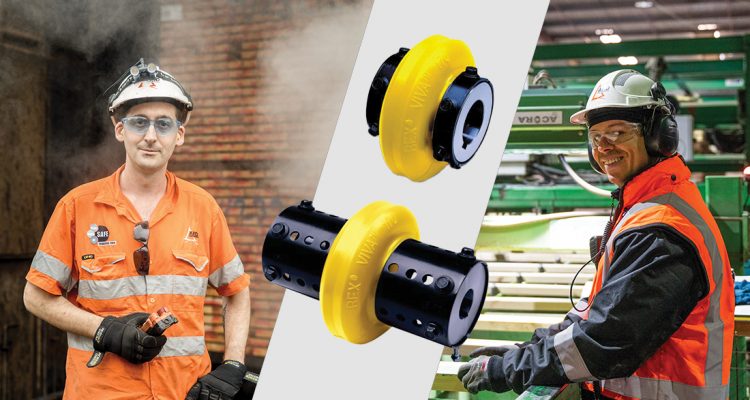Although it’s easy to take for granted in daily life, much of the world is constructed from wood. Whether it’s a finished wooden chair or hardwood floor, a wood-framed piece of art, or some beautiful exposed wooden beams that support the roof overhead – all of this begins at a sawmill where the wood is processed.
Australian sawmills typically specialise in either a softwood such as radiata pine or a hardwood like Victorian ash or Tasmanian oak. For furniture and finished wood products, hardwood is the most common material of choice. Whereas, for residential and commercial construction products– such as wall frames, roof trusses, beams, studs, and posts – softwood is primarily used.
Now more than 65 years old, Associated Kiln Driers (AKD) is today one of the largest softwood sawmilling businesses in Australia– supplying quality plantation pine products to timber merchants, retailers, fabricators and other manufacturers nation-wide.
Employing more than 1,100 people across their Australian operations, AKD’s purpose is driven by a need to create opportunities for their employees, supported by a strong foundation of teamwork.
“All of the team at AKD share a common purpose in creating a company that is truly sustainable and provides value to the world in high-growth sectors such as building and construction. And all of this begins with our planting process,” says AKD’s Resources Manager, Simon Gatt.
Simon explains AKD’s process from ‘stump to store.’
“We take a long-term view when we establish a crop of trees. To produce the required strength characteristics in sawn timber for construction, it takes careful nurturing and tending until the trees are at least 30 years old at time of final harvest,” he says.
“It all starts with growing a healthy crop of trees. Deploying the initial right genetics in plant selection, and having the right planting spacings, weed control and nutrition regimes to allow for improved survival in the field in the early years,” continues Simon. “The young trees are planted in dense forests of up to 1400 trees per hectare where they are closely monitored for health and hydration throughout the growing process.”
AKD thinks of timber processing and owning their own plantations as a form of environmental caretaking because the trees they harvest filter carbon from our ecosystem and lock it into the timber products they produce.
“The average Australian home uses about 14 cubic metres of structural pine which stores the carbon for the structure’s service lifetime – timber truly is The Ultimate Renewable™ resource and helps fight climate change. We plant and harvest, only to replant.”
As a national distributor of industrial solutions, CBC has enjoyed a good working relationship with AKD for decades, according to Brian Crouch, Senior Accounts Manager for CBC Geelong.
“I visit AKD’s site every Friday and usually spend a few hours there getting involved in projects around the site, identifying existing or potential problems with equipment and looking for ways to improve the overall performance of their machines.” says Brian.
“AKD has state-of-the-art timber processing facilities including two timber mills and a woodchipper that operate on advanced AI and automation technology. I have had to familiarise myself with their equipment in order to provide more high-level engineering solutions for them.”
Recently, AKD was looking to upgrade the legacy couplings in their kiln, one of the key pieces of equipment on site used for drying and sorting the timber, according to Brian.
After heading out to site to take a look at the kiln’s existing couplings, Brian recommended upgrading them to Regal Rexnord couplings to streamline productivity for the drying and sorting process.
“The application is a high-heat and damp environment due to the organic nature of the timber logs,” explains Brian. “I chose the Rexnord couplings because they are robust and resistant to high temperatures and moisture. I felt confident that the client would see an improvement and the solution turned out to be very successful.”
Gone are the days when timber milling was a backwoods operation. Modern timber processing mills like AKD now use advanced AI and automation processes to streamline their operations, according to Brian. But that doesn’t discount the importance of monitoring every piece of equipment in the mill.
“Every piece of wood is different and needs to be scanned to determine its strength, structure and any internal defects before being processed with the milling equipment,” he concludes. “Refining milling equipment to perform at the highest standard of operation ensures the production of optimal wood products.”
As a wholly Australian owned and operated integrated forestry and timber processing company, AKD has plantations and operations lined along the East seaboard in Victoria, New South Wales, and Queensland.
For more information about industrial solutions for sawmills and the timber processing industry, visit your local CBC branch today.

